
1
Data Protection Policy EU
Mercedes-Benz Group

2
Content
1 Aim of the Policy 4
2 Scope 4
3 Legal Enforceability within the Mercedes-Benz Group 5
4 Relationship to Legal Requirements 5
5 General Principles for the Processing of Personal Data 6
5.1 Lawfulness 6
5.2 Legal basis Customer and Partner Data 6
5.2.1 Data processing for a contractual relationship 6
5.2.2 Data processing for advertising purposes 6
5.2.3 Consent to data processing 7
5.2.4 Data processing pursuant to legal authorization or obligation 7
5.2.5 Data processing pursuant to legitimate interest 7
5.3 Legal Basis Employee Data 7
5.3.1 Data processing for the employment relationship 7
5.3.2 Data processing pursuant to legal authorization or obligation 8
5.3.3 Collective agreement on data processing 8
5.3.4 Consent to data processing 8
5.3.5 Data processing pursuant to legitimate interest 8
5.4 Processing of highly sensitive data 9
5.5 Automated individual Decision Making (possibly incl. Profiling) 9
5.6 Duty of Information / Transparency 9
5.7 Purpose Limitation 10
5.8 Data Minimization 10
5.9 Accuracy of Data 10
5.10 Privacy by Design & Privacy by Default 10
5.11 Deletion & Anonymization 11
5.12 Security of Processing 11
5.13 (Further) transmission 11
6 Data Protection Impact Assessment 12
7 Documentation of Data Processing Procedures 12
8 Processing on Behalf 12

3
8.1 General 12
8.2 Provisions for Controllers 13
8.3 Provisions for internal Processors 13
9 Joint Controllership 14
10 Enforceable Rights for Data Subjects 14
10.1 Rights of the Data Subject 15
10.2 Complaints Procedure 16
11 Liability & Place of Jurisdiction 16
11.1 Liability Provisions 16
11.2 Place of Jurisdiction 17
12 Notification of Data Protection Incidents 17
13 Data Protection Organization & Sanctions 18
13.1 Responsibility 18
13.2 Awareness Raising & Training 18
13.3 Organization 18
13.4 Sanctions 19
13.5 Audit and Controls 19
14 Amendments to this Policy and Cooperation with Public Authorities 20
14.1 Responsibility in the Event of Amendments 20
14.2 Cooperation with Authorities 20
15 Transfer of Personal Data from the EU/ EEA to a Third Country 21
15.1 Transfer outside the Mercedes-Benz Group 21
15.2 Transfer within the Mercedes-Benz Group 21
16 Monitoring and Reporting on the Regulations of Third Countries 22

Data Protection Policy EU
4
4
Aim of the Policy
The Mercedes-Benz Group considers the safeguarding of data
protection rights as part of its social responsibility.
In some countries and regions, such as the European Union, legislators
have defined standards for protecting the data of natural persons
("personal data"), including the requirement that such data may only be
transferred to other countries if the local law applicable at the place of
destination provides for an adequate level of data protection.
This Data Protection Policy EU establishes uniform and suitable data
protection standards within the Group for:
(a) processing personal data in regions such as the EU/ the
European Economic Area (EEA) (hereinafter referred to
collectively as the "EU/ EEA") and
(b) cross-border transmission of personal data to Group
Companies outside the EU/ EEA (including subsequent data
processing there).
To this end, this Policy enacts binding rules for processing personal data
from the EU/ EEA within the Mercedes-Benz Group. These rules provide
adequate guarantees for the protection of personal data outside the EU/
EEA and are referred to as ("Binding Corporate Rules for Controllers –
BCR-C") for the Mercedes-Benz Group.
Scope
This Data Protection Policy EU applies to Mercedes-Benz Group AG, its
controlled Group Companies (hereinafter Group Companies) and its
employees and members of managing bodies. "Controlled" in this
instance means that Mercedes-Benz Group AG may enforces the
adoption of this policy directly or indirectly, on the basis of its voting
majority, majority management representation, or by agreement.
The Policy applies to fully or partially automated processing of personal
data, as well as manual processing in filing systems unless national laws
provide for a broader scope. The Policy also applies to all employee
data
1
in hard-copy format in Germany.
The Policy applies to the processing of personal data:
1
To make this policy easier to read, the text uses only the male forms of
pronouns for natural persons. In terms of content, people of all gender identities
are always intended.
This Policy sets out standard
and binding corporate rules for
processing personal data
originating from the EU for the
Mercedes-Benz Group,
referred to as "binding
corporate rules" (BCR).

Data Protection Policy EU
5
5
(a) from Group Companies and their subsidiaries that are
established in the EU/ EEA or another country to which this Policy
can be extended ("EU/ EEA-based companies"),
(b) from Group Companies established outside the EU/ EEA, if
they offer goods or services to natural persons within the EU/ EEA
and/ or monitor the behavior of natural persons within the EU/
EEA ("third country companies with offers for the EU/ EEA") or
(c) of Group Companies established outside the EU/ EEA, if they
have received personal data directly or indirectly from companies
that are subject to the Policy under a) or b), or if such data has
been disclosed to them ("third country companies that receive
data from the EU/ EEA").
Processing outside the EU/ EEA is further referred to in this Policy as
processing in a third country.
The Group Companies that take part in, or are subject to, processing by
third country companies are listed in the
further applicable regulation
“List of Group Companies bound by the Data Protection Policy EU”
.
This Policy can be extended to countries outside the EU/ EEA. In
countries where the data of legal entities is protected in the same
manner as personal data, this Policy also applies in the same manner to
the data of legal entities.
Legal Enforceability within the Mercedes-Benz Group
The rules and provisions of this Policy are binding to all Group
Companies operating within its scope of application. In addition to the
applicable EU legislation and national data protection laws, the Group
Companies as well as their management and employees are therefore
responsible for compliance with this Policy.
As far as it is not otherwise stipulated by legal requirements, Group
Companies are not entitled to adopt regulations that deviate from this
Policy.
Relationship to Legal Requirements
This Policy does not replace EU legislation and national laws. It
supplements the national data protection laws. Where the national
legislation, for instance EU legislation, requires a higher level of
protection for personal data it will take precedence over the Policy. The
content of this Policy must also be observed in the absence of
corresponding national laws.
If compliance with this Policy would result in a violation of national law,
or if regulations that deviate from this Policy are required under national
law, this must be reported to the Chief Officer Corporate Data
Protection and the central compliance organization for the purposes of
The Policy applies to the
processing of personal data
from:
EU/EEA-based companies
third country companies
with offers for the EU/EEA
third country companies
that receive data from the
EU/EEA

Data Protection Policy EU
6
6
data protection law monitoring. In the event of conflicts between
national laws and this Policy, the Chief Officer Corporate Data
Protection and the central compliance organization will work with the
responsible Group Company to find a practical solution that fulfills the
purpose of this Policy. The monitoring and reporting on the regulations
in third countries is described in Section 16.
General Principles for the Processing of Personal Data
5.1 Lawfulness
Personal data must be processed in a lawful manner and in good faith.
Data Processing may only take place if and insofar as an adequate legal
basis exists for the processing activity. This also applies to data
processing between Group Companies. The mere fact that both, the
transferring and receiving Group Company are affiliated to Mercedes-
Benz Group does not readily constitute such legal basis.
The processing of personal data is lawful if one of the following
circumstances for authorization under Section 5.2 or 5.3 applies. Such
circumstances for permissibility are also required if the purpose of
processing the personal data is to be changed from the original purpose.
5.2 Legal basis Customer and Partner Data
5.2.1 Data processing for a contractual relationship
Personal data of the prospective customer, customer, or partner can be
processed to establish, perform and terminate a contract. This also
includes advisory services for the customer or partner under the
contract if this is related to the contractual purpose.
Prior to a contract, personal data can be processed to prepare bids or
purchase orders or to fulfill other requests of the prospective customer
relating to contract conclusion. Prospective customers can be contacted
during the contract preparation process using the information that they
have provided. Any restrictions requested by the prospective customers
must be complied with.
5.2.2 Data processing for advertising purposes
If the data subject contacts a Group Company with a request for
information (e. g. request to receive information material about a
product), processing of personal data to meet this request is permitted.
Customer loyalty or advertising measures are subject to further legal
requirements. Personal data can be processed for advertising purposes
or market and opinion research, provided that this is consistent with the
purpose for which the data was originally collected. The data subject
must be informed in advance about the use of his/her personal data for
advertising purposes. If personal data is collected only for advertising
purposes, the data subject can choose whether to provide this data. The
data subject shall be informed that providing data for this purpose is
Any processing of personal
data requires an adequate
legal basis.
Customer and partner data can
be processed to establish,
perform and terminate a
contract and for the contract
negotiation process.
If customer and partner data is
collected solely for advertising
purposes, consent must be
obtained from the data subject
prior to the start of data
processing.
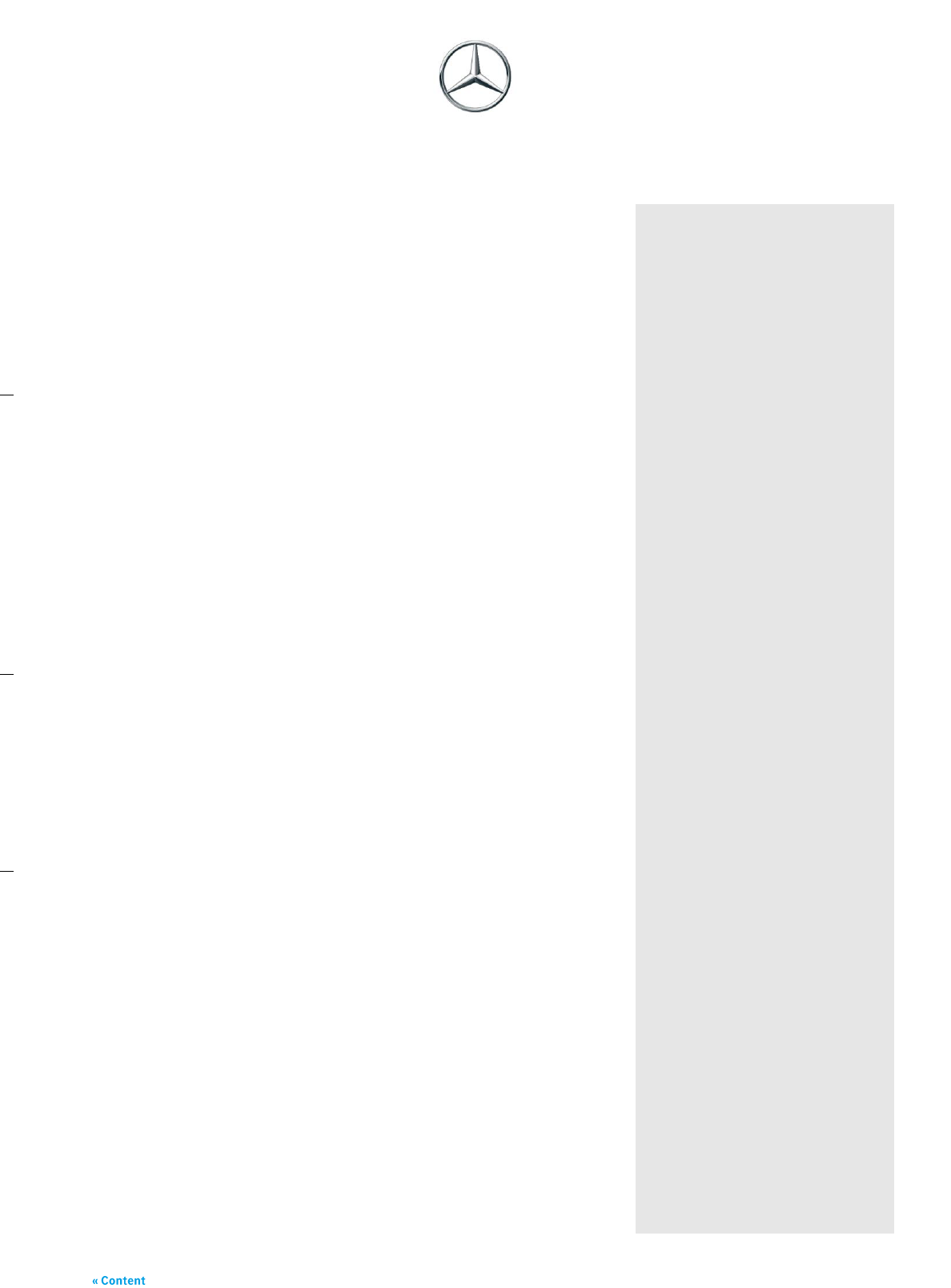
Data Protection Policy EU
7
7
voluntary. As part of the communication process, consent should be
obtained from the data subject. When giving consent, the data subject
should be given a choice among available forms of contact, such as e-
mail and phone (consent see Section 5.2.3). If the data subject objects
to the use of his/her data for advertising purposes, it can no longer be
used for these purposes and must be restricted or blocked from use for
these purposes. Any other restrictions from specific countries regarding
the use of data for advertising purposes must be observed.
5.2.3 Consent to data processing
Personal data can be processed following the consent by the data
subject. Before giving consent, the data subject must be informed in
accordance with this Data Protection Policy EU. The declaration of
consent must be obtained in writing or electronically for the purposes of
documentation. In some circumstances, such as telephone
conversations, consent can also be given verbally. The granting of
consent must be documented.
5.2.4 Data processing pursuant to legal authorization or obligation
The processing of personal data is also permitted if national legislation
requests, requires, or allows this. The type and extent of data
processing must be necessary for the legally authorized data processing
activity, and must comply with the relevant statutory provisions.
5.2.5 Data processing pursuant to legitimate interest
Personal data can also be processed if it is necessary for a legitimate
interest. Legitimate interests are generally of a legal (e. g. collection of
outstanding receivables) or commercial nature (e. g. avoiding breaches
of contract). Processing cannot take place on the basis of a legitimate
interest if, in a specific instance, the data subjects' interests worthy of
protection outweigh the legitimate interests in processing. Before data
is processed, it is necessary to determine whether there are interests
worthy of protection.
5.3 Legal Basis Employee Data
5.3.1 Data processing for the employment relationship
For employment relationships, personal data can be processed if
needed to establish, perform and terminate the employment
relationship. Personal data of candidates can be processed to help
decide whether to enter into an employment relationship. If the
candidate is rejected, his/her data must be deleted in observance of the
required retention period, unless the candidate has agreed to remain on
file for a future selection process. Consent is also needed to use the
data for further application processes or before sharing the application
with other Group Companies. In the existing employment relationship,
data processing must always relate to the purpose of the employment
Customer and partner data
may be processed in order to
comply with national
legislation.
Customer and partner data
may be processed based on
legitimate interest, unless the
data subject's interests worthy
of protection outweigh the
legitimate interest in
processing.
Employee data may be
processed to establish,
perform and terminate an
employment relationship and
as part of the application
process.
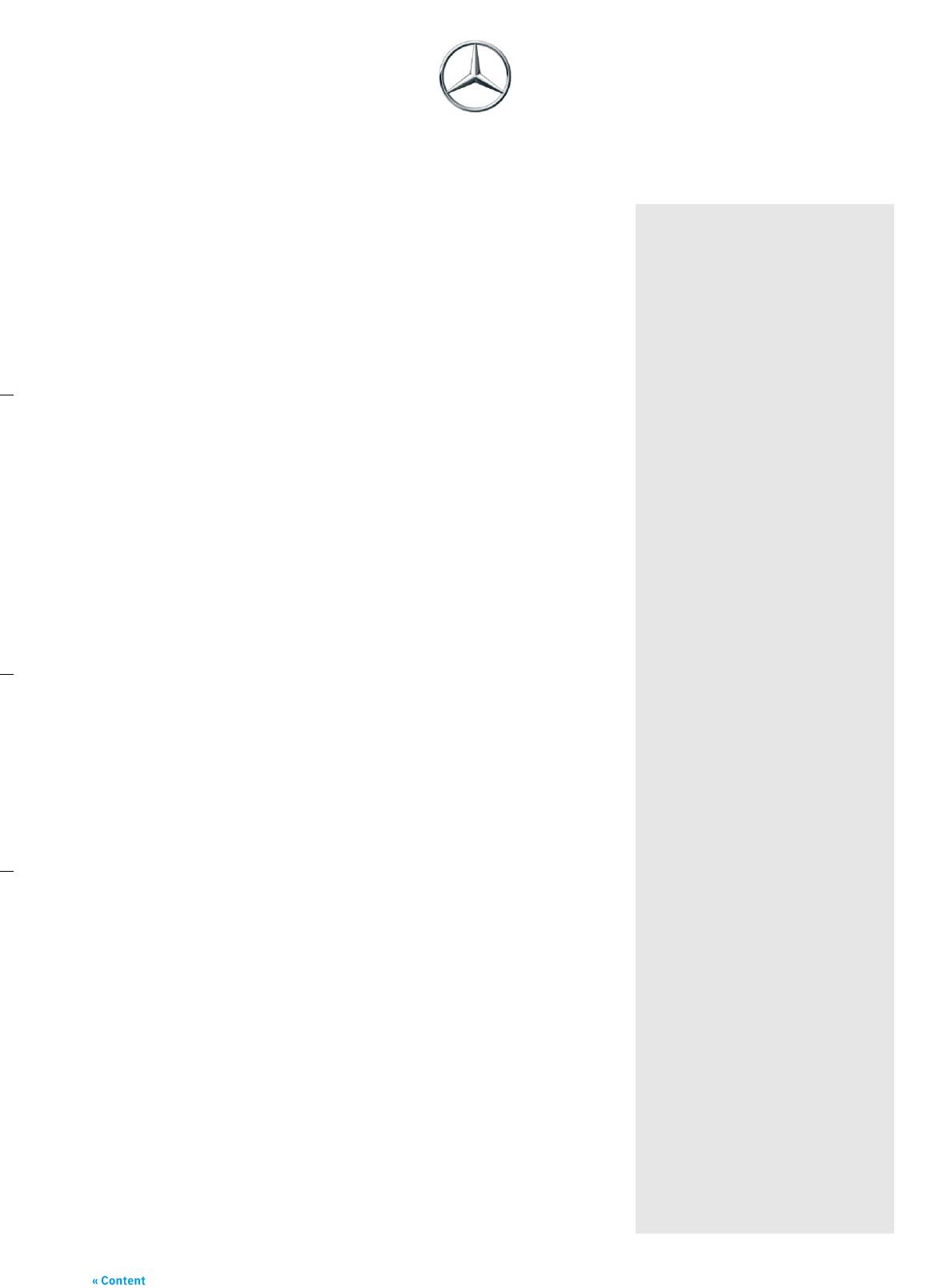
Data Protection Policy EU
8
8
relationship if none of the following circumstances for authorized data
processing apply.
If it should be necessary during the application procedure to collect
information on an applicant from a third party, the requirements of the
corresponding national laws have to be observed. In cases of doubt –
where permitted – consent must be obtained from the data subject.
A legal basis as listed below must be met to process personal data that
is related to the employment relationship but was not originally part of
creating, performing or terminating the employment relationship
(employee data).
5.3.2 Data processing pursuant to legal authorization or obligation
The processing of employee data is also permitted if national legislation
requests, requires, or allows this. The type and extent of data
processing must be necessary for the legally authorized data processing
activity, and must comply with the relevant statutory provisions. If there
is some legal flexibility, the protective interests of the employee must
be taken into consideration.
5.3.3 Collective agreement on data processing
If a data processing activity exceeds the purposes of fulfilling a
contract, it may still be lawful if authorized through a collective
agreement. The agreements must cover the specific purpose of the
intended data processing activity, and must be drawn up within the
parameters of EU and national legislation.
5.3.4 Consent to data processing
Employee data can be processed upon consent of the data subject.
Declarations of consent must be submitted voluntarily. No penalties can
be imposed for refusal of consent. Involuntary consent is not valid. The
declaration of consent must be obtained in writing or electronically for
the purposes of documentation. If, exceptionally, circumstances do not
permit this, consent may be given verbally. Their granting must be in any
case properly documented. Before giving consent, the data subject must
be informed in accordance with this Data Protection Policy EU.
5.3.5 Data processing pursuant to legitimate interest
Employee data can also be processed if it is necessary for a legitimate
interest of a Group Company. Legitimate interests are generally of a
legal (e. g. filing, enforcing or defending against legal claims) or a
commercial nature (e. g. acceleration of business processes, valuation
of companies). Before data is processed, it must be determined whether
there are interests worthy of protection. Personal data can be
processed based on a legitimate interest if the interests worthy of
protection of the employee do not outweigh the interest in processing.
Employee data may be
processed if authorized by a
collective agreement.
Employee data may be
processed based on legitimate
interest, unless the data
subject's interests worthy of
protection outweigh the
legitimate interest in
processing.
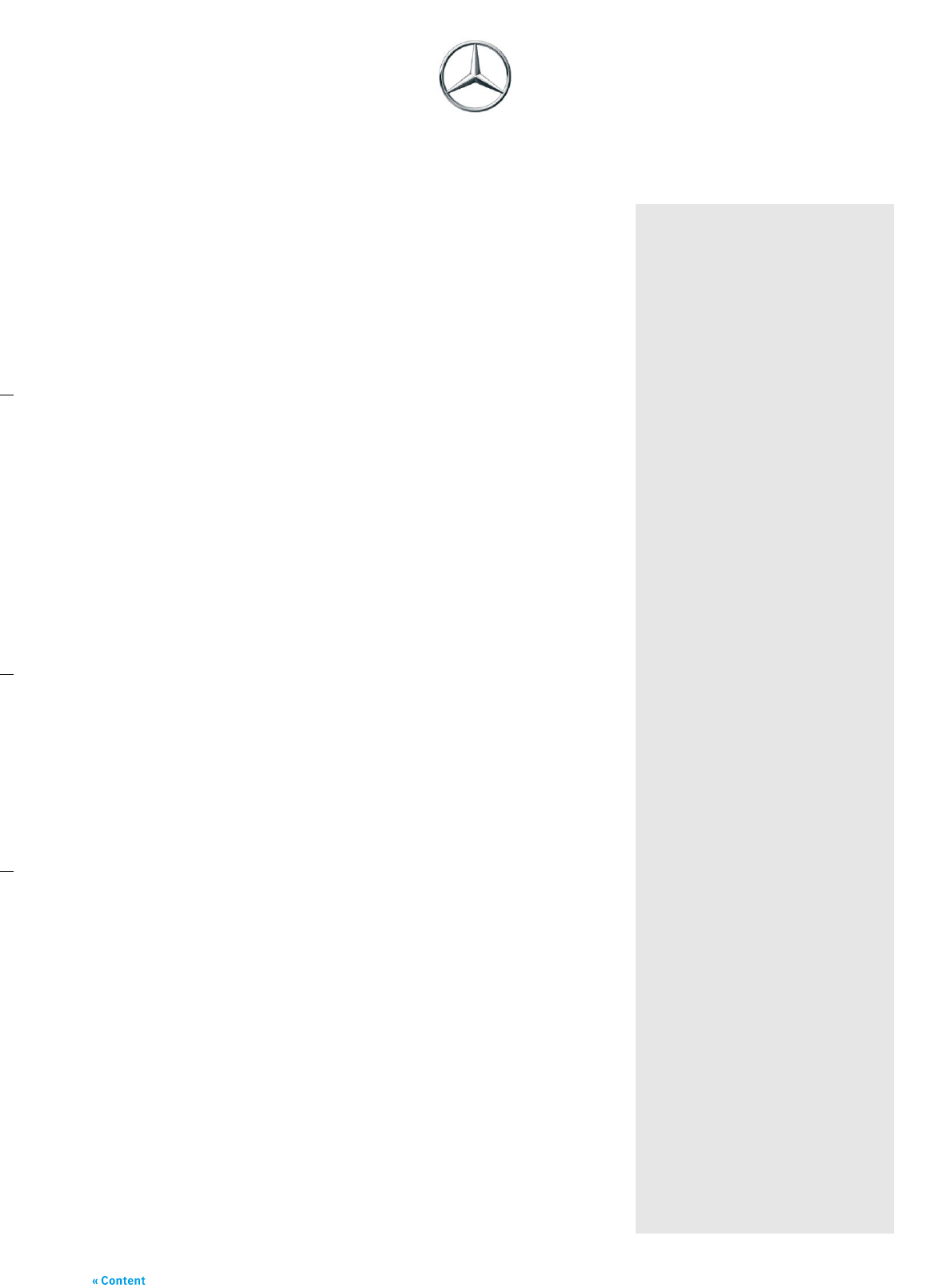
Data Protection Policy EU
9
9
Control measures that require the processing of employee data beyond
performance of the employment relationship (e. g. performance checks)
cannot be taken unless there is a legal obligation or justified reason to
do so. Even if there is a legitimate reason, the proportionality of the
control measure must also be examined. To this end, the legitimate
interests of the Group Company in performing the control measure (e. g.
compliance with legal provisions and internal company rules) must be
weighed against any protective interests that the employee affected by
the measure may have in exclusion of the measure. The measures may
only be taken if they are appropriate in the specific case. The legitimate
interest of the Group Company and any interests worthy of protection
of the employee must be identified and documented before any
measures are taken. Moreover, any additional requirements under
applicable law (e.g. rights of co-determination for the employee
representatives and rights of the data subjects to obtain information)
must be taken into account.
5.4 Processing of highly sensitive data
The processing of highly sensitive personal data must be expressly
permitted or prescribed under national law. Processing of such data by
the Group Company may be permitted in particular if the data subject
has given his express consent, if the processing is necessary for
asserting, exercising or defending legal claims with respect to the data
subject or if processing is necessary for the controller to fulfill its rights
and responsibilities in the area of labor and employment law. If there
are plans to process highly sensitive personal data, the Chief Officer
Corporate Data Protection must be informed in advance.
5.5 Automated individual Decision Making (possibly incl. Profiling)
The data subjects can be subject to a fully automated decision that
could have a legal or similarly negative impact on them only if this is
necessary to conclude or perform a contract, or if the data subject has
granted consent. This automated decision can include profiling in some
cases, i.e. the processing of personal data that evaluates individual
personality characteristics (e. g. creditworthiness). In this case, the data
subject must be notified about the occurrence and outcome of an
automated individual decision and be given the opportunity to have an
individual review performed by a controller.
5.6 Duty of Information / Transparency
The responsible department must inform the data subjects of the
purposes and circumstances of the processing of their personal data in
line with Articles 13 and 14 GDPR. The information must be in a
concise, transparent, intelligible and easily accessible form and in clear
and plain language. The requirements of the Chief Officer Corporate
Data Protection and Data Compliance must be observed. This
information must be given whenever the personal data is collected for
Legal permission or express
consent from the data subject
is required to process highly
sensitive data.
Automated individual decisions
and profiling are permitted
only under strict conditions.
The data subject must be
informed of the purposes and
circumstances of the
processing of their personal
data.
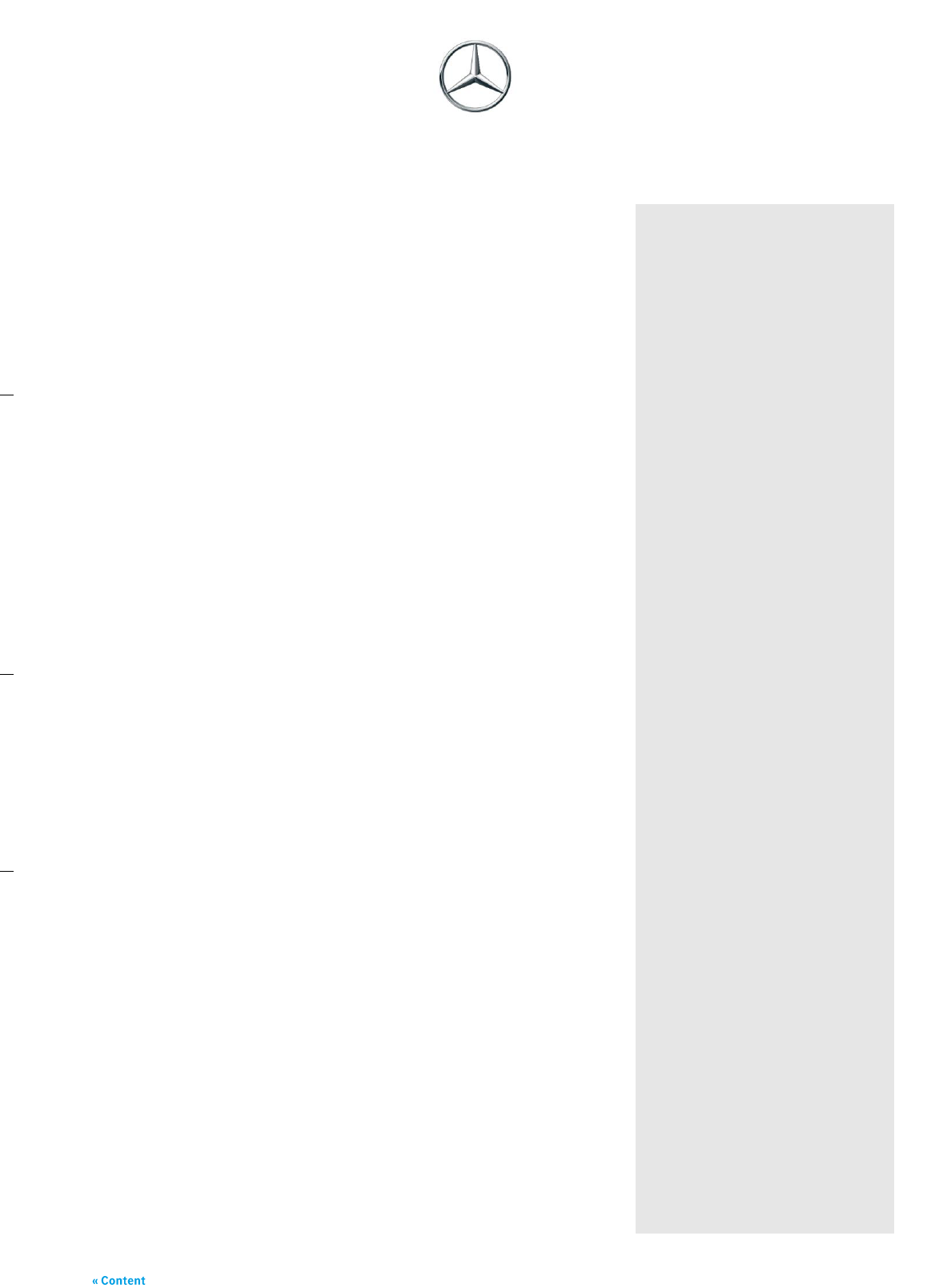
Data Protection Policy EU
10
10
the first time. If the Group Company receives the personal data from a
third party, it must provide the information to the data subject within a
reasonable period after obtaining the data, unless
the data subject already has the information or
it would be impossible or
extremely difficult to provide this information.
5.7 Purpose Limitation
Personal data may be processed only for the legitimate purpose that
was defined before collection of the data. Subsequent changes to the
purpose of processing are only permissible subject to the requirement
that the processing is compatible with the purposes for which the
personal data was originally collected.
5.8 Data Minimization
Any processing of personal data must be limited, both quantitatively
and qualitatively, to what is necessary for the achievement of the
purposes for which the data is lawfully processed. This must be taken
into account during the initial data collection. If the purpose permits,
and the effort is in proportion to the objective pursued, anonymized or
statistical data must be used.
5.9 Accuracy of Data
The personal data stored must be objectively correct and, if necessary,
up to date. Appropriate measures must be adopted to ensure that
incorrect or incomplete data is deleted, corrected, supplemented or
updated.
5.10 Privacy by Design & Privacy by Default
The principle of "Privacy by Design" aims to ensure that departments
define state-of-the-art internal strategies and adopt measures to
integrate data protection principles into the specifications and
architecture of business models/ processes and IT systems for data
processing from the very beginning during the phase of
conceptualization and technical design. In accordance with the principle
of "Privacy by Design," the procedures and systems for processing
personal data must be designed so that their default settings are
restricted to the data processing necessary to fulfill the purpose
(principle of “Privacy by Default”). This includes the processing scope,
storage period, and accessibility. Further measures could include:
pseudonymization of personal data as soon as possible
providing transparency about the functions and processing of
personal data
allowing the data subjects to decide on the processing of their
personal data
enabling the operators of procedures or systems to devise and
enhance security features
Personal data may be
processed only for the
legitimate purpose that was
defined before collection of
the data.
The processing of personal
data must be limited to what is
necessary for achievement of
the purpose for which the data
is lawfully processed.
Data protection principles
must be integrated into the
architecture of business
models, processes and IT
systems.
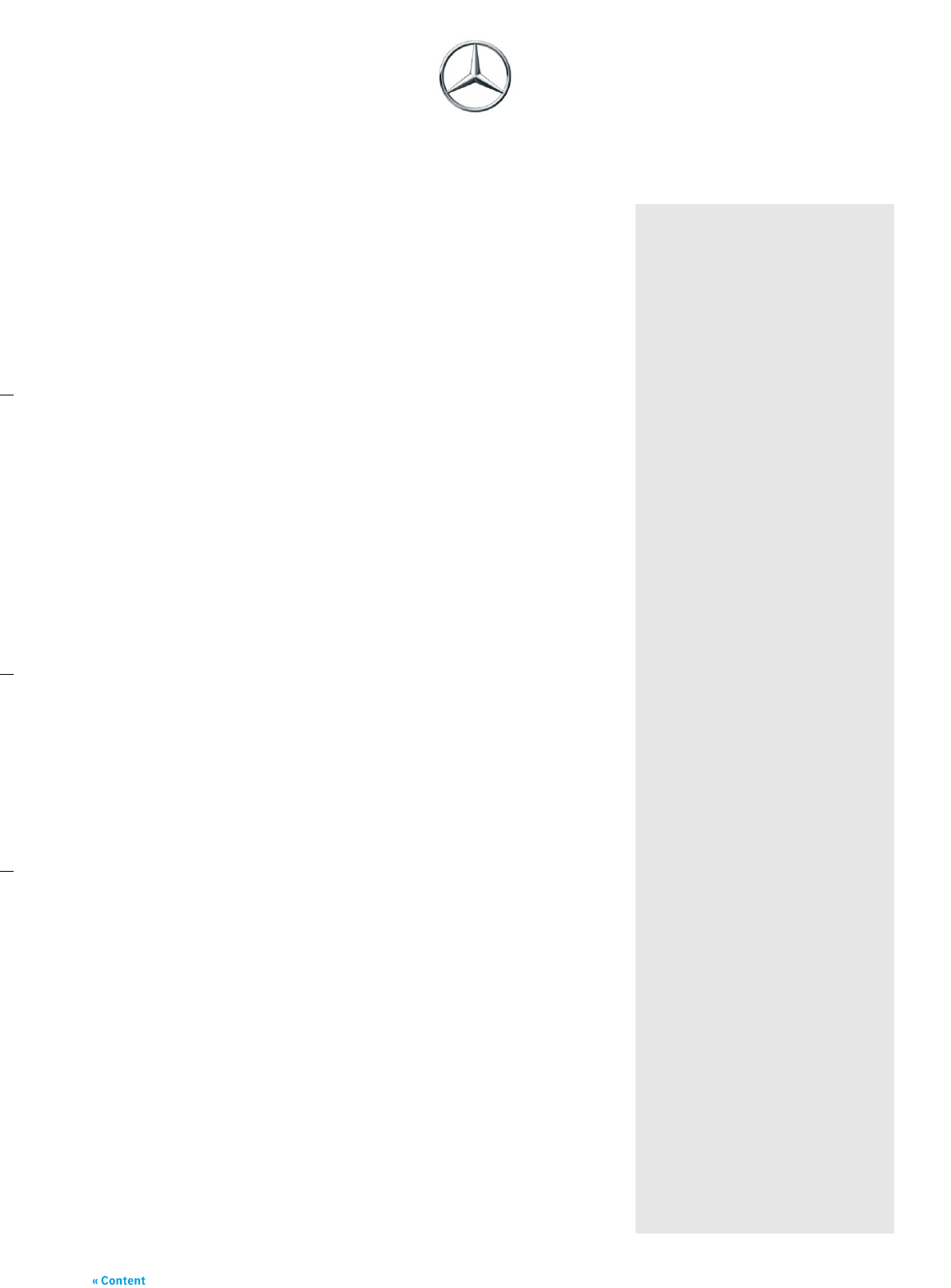
Data Protection Policy EU
11
11
Every Group Company shall implement and maintain appropriate
technical and organizational measures throughout the entire life cycle of
its processing activities, in order to ensure that the above principles are
complied with at all times.
5.11 Deletion & Anonymization
Personal data may only be stored for as long as it is necessary for the
purpose for which the data is being processed. This means that
personal data must be deleted or anonymized as soon as the purpose of
its processing has been fulfilled or otherwise lapses, unless retention
obligations continue to apply. Those responsible for individual
procedures must ensure the implementation of the deletion and
anonymization routines for their procedures. Each system must have a
manual or automated deletion routine. Deletion requests from data
subjects through deletion or removal of the personal identifiers must be
technically feasible in the systems. Requirements that Mercedes-Benz
Group AG imposes for the performance of deletion routines (such as
software tools, Handout for the implementation of deletion concepts,
documentation requirements) must be observed.
5.12 Security of Processing
Personal data must be protected from unauthorized access and
unlawful processing or transfer, as well as from accidental loss,
alteration or destruction. Before the introduction of new methods of
data processing, particularly new IT systems, technical and
organizational measures to protect personal data must be defined and
implemented. These measures must be based on the state of the art,
the risks of processing and the need to protect the data.
The technical and organizational measures relevant to data protection
must be documented by the controller in the context of the Data
Protection Impact Assessment and the Record of Processing Activities.
In particular, the responsible department must consult with its Business
Information Security Officer (BISO), its Information Security Officer
(ISO) and its Data Protection Network. The requirements for the
technical and organizational measures for protecting personal data are
part of the Corporate Information Security Management and must be
continuously adjusted in accordance with technical developments and
organizational changes.
5.13 (Further) transmission
Transmission of personal data to recipients outside or inside the Group
Companies is subject to the authorization requirements for processing
personal data under this Section 5. The data recipient must be required
to use the data only for defined purposes. Furthermore, the provisions
Personal data may only be
stored for as long as it is
necessary for the purpose for
which the data is being
processed.
Technical and organizational
measures must ensure the
security of data processing.

Data Protection Policy EU
12
12
of Section 15 apply to the transfer of personal data from the EU/EEA to
a third country.
All duties listed in this Section 5 are third party beneficiary rights for the
data subject.
Data Protection Impact Assessment
Group Companies shall, when introducing new processings, or in the
event of a significant change to an existing processing, particularly
through the use of new technologies, assess whether this processing
poses a high risk to the privacy of data subjects. The nature, scope,
context and purpose of the data processing must be taken into account.
As part of the risk analysis, the responsible department carries out an
assessment of the impact of the planned processing on the protection
of personal data (Data Protection Impact Assessment). If, even after
performance of the Data Protection Impact Assessment and use of
appropriate measures for risk reduction, the risk to the rights and
freedoms of the data subjects remains high, the Chief Officer Corporate
Data Protection has to be informed who will contact the competent data
protection supervisory authority for consultation. Provisions established
by Mercedes-Benz Group AG for performing this assessment (such as
software tools, instructions on the performance of an evaluation) must
be observed.
Documentation of Data Processing Procedures
Each Group company must document the procedures in which personal
data is processed in a Record of Processing Activities. This record
should be maintained in writing, including in electronic form, and should
be made available to the data protection supervisory authority on
request. Provisions established by Mercedes-Benz Group AG for
documentation (such as software tools and instructions on
documentation) must be observed.
Processing on Behalf
8.1 General
Processing on behalf means that a contractor processes personal data
as a service provider (processor) on behalf of and according to the
instructions of the controller. In these cases, an agreement on
processing on behalf in line with relevant statutory requirements (such
as the template “Agreement on processing on behalf”), must be
concluded both with external processors as well as among Group
Companies within the Mercedes-Benz Group. The controller retains full
responsibility for the correct performance of the data processing.
The provisions of Section 8.3. also apply to external controllers that are
not Group Companies.
A Data Protection Impact
Assessment evaluates the
impact of the planned
processing on the protection of
personal data.
The data processing
procedures are documented in
a Record of Processing
Activities.
Processing on Behalf requires a
written agreement between the
data controller and the data
processor.
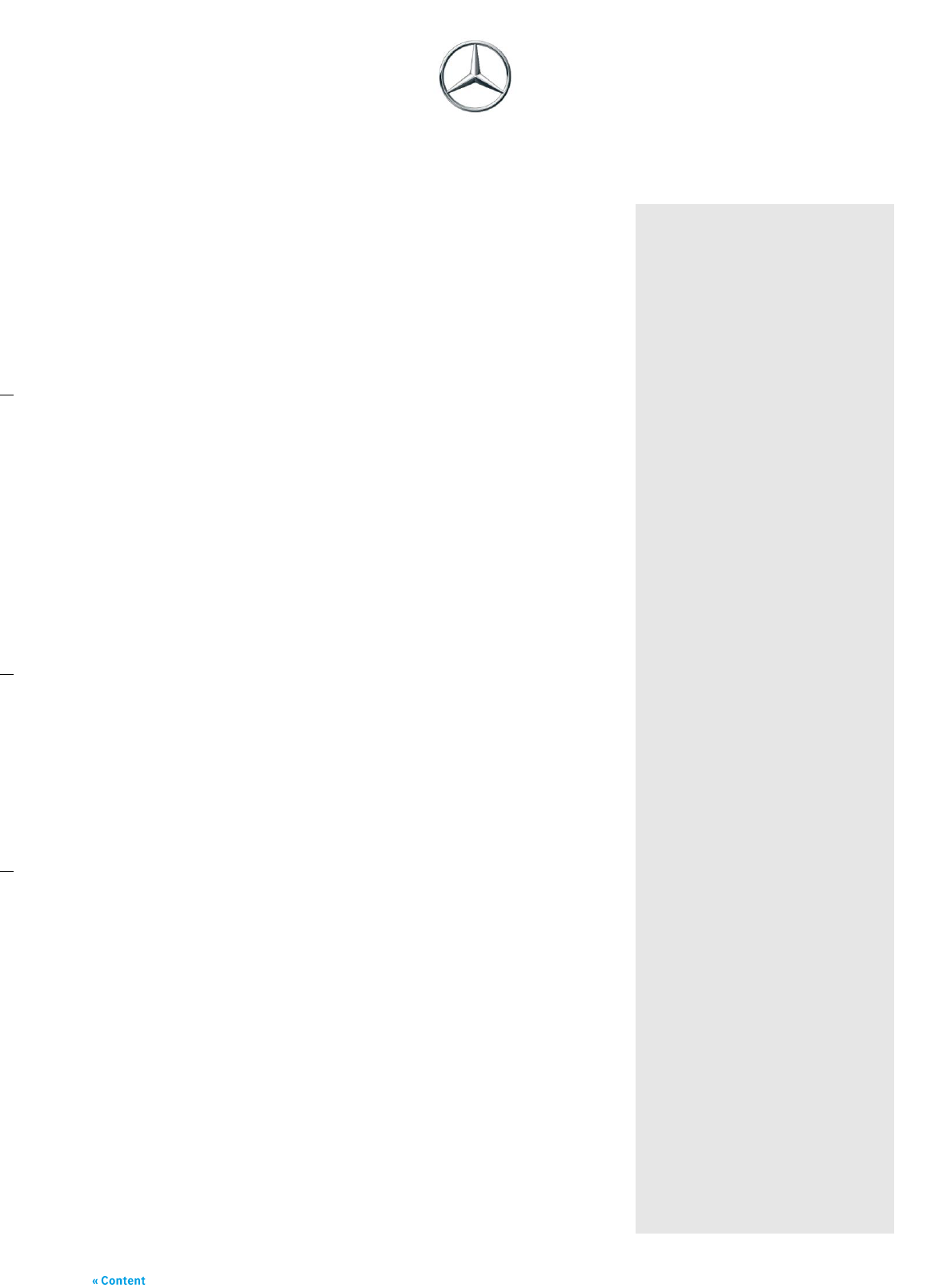
Data Protection Policy EU
13
13
8.2 Provisions for Controllers
When issuing the order, the following requirements must be complied
with, whereby the department placing the order must ensure that they
are met:
The processor must be chosen based on its ability to cover the
required technical and organizational protective measures.
The contractual standards for data protection provided by the
Chief Officer Corporate Data Protection must be complied with.
The order must be placed in writing or in electronic form. The
instructions on data processing and the responsibilities of the
controller and processor must be documented.
Before data processing begins, the controller must confirm by suitable
assessment that the processor will fulfill the aforementioned
obligations. Provisions established by Mercedes-Benz Group AG on this
subject (such as software tools, instructions on the performance of
evaluation, template contracts) must be observed. A processor can
document its compliance with data protection requirements in
particular by presenting suitable certification. Depending on the risk of
data processing, the reviews must be repeated on a regular basis during
the term of the contract.
8.3 Provisions for internal Processors
The processor can process personal data only as per the controller’s
instructions.
Processors may engage other Group Companies or third parties
("subcontractors") to process personal data in their own (sub) contract
only with the controller’s prior consent. This consent will be granted
only if the processor subjects the subcontractor – contractually or by
other comparable legally binding means – to the same data protection
obligations to which the processor is subject pursuant to this policy vis-
a-vis the Group Company and data subjects. It must also oblige the
subcontractor to take the appropriate technical and organizational
protective measures. The form of consent as well as information
obligations in the event of changes in the subcontracted relationship
must be set out in the contract for services.
Processors are obligated to provide appropriate support to the
controller in complying with data protection provisions applicable to the
latter, especially by providing all the necessary information. This
concerns, in particular, safeguarding
the general principles for processing pursuant to Section 5
the rights of data subjects pursuant to Section 10
the notification of data protection incidents pursuant to Section
12
the provisions for controller and processors pursuant to Section 8

Data Protection Policy EU
14
14
and the handling of inquiries and investigations by supervisory
authorities.
If applicable standards or legal provisions require the processor to carry
out the processing contrary to the controller’s instructions, or if these
provisions prevent the processor from meeting its obligations under this
Policy or under the agreement on processing on behalf, then the
processor shall immediately inform its controller unless the legal
provision in question forbids such notification. This applies accordingly
if the processor is unable to comply with the instructions of its
controller for other reasons. In such an event, the controller has the
right to suspend transmission of the data and/or to terminate the
agreement on processing on behalf.
Processors are required to notify their controllers about any legally
binding requests from public authorities for disclosure of personal data,
unless this is prohibited for other reasons.
At the choice of the controller, processor must delete or return all
personal data provided by the controller upon termination of service
performance.
Processors are obligated to immediately inform their controller and, if
applicable, their controller’s client of any asserted claims, requests or
complaints from data subjects.
Internal Group controllers also must oblige external processors to
comply with the aforementioned regulations.
The specific duties of the processor to the controller are third party
beneficiary rights for the data subject.
Joint Controllership
In the event that multiple Group Companies jointly define the means
and purposes of processing personal data (along with one or more third
parties, if applicable) (joint controllers), the companies must conclude
an agreement that stipulates their duties and responsibilities to the data
subject whose data they process.
The contract templates provided by the Chief Officer Corporate Data
Protection must be observed.
Enforceable Rights for Data Subjects
All rights of the data subjects and obligations of the Group companies
listed in this section 10 are third party beneficiary rights for the data
subject.
If the means and purposes of
data processing are defined
jointly by multiple Group
Companies, a written
agreement must be concluded
between the controllers.
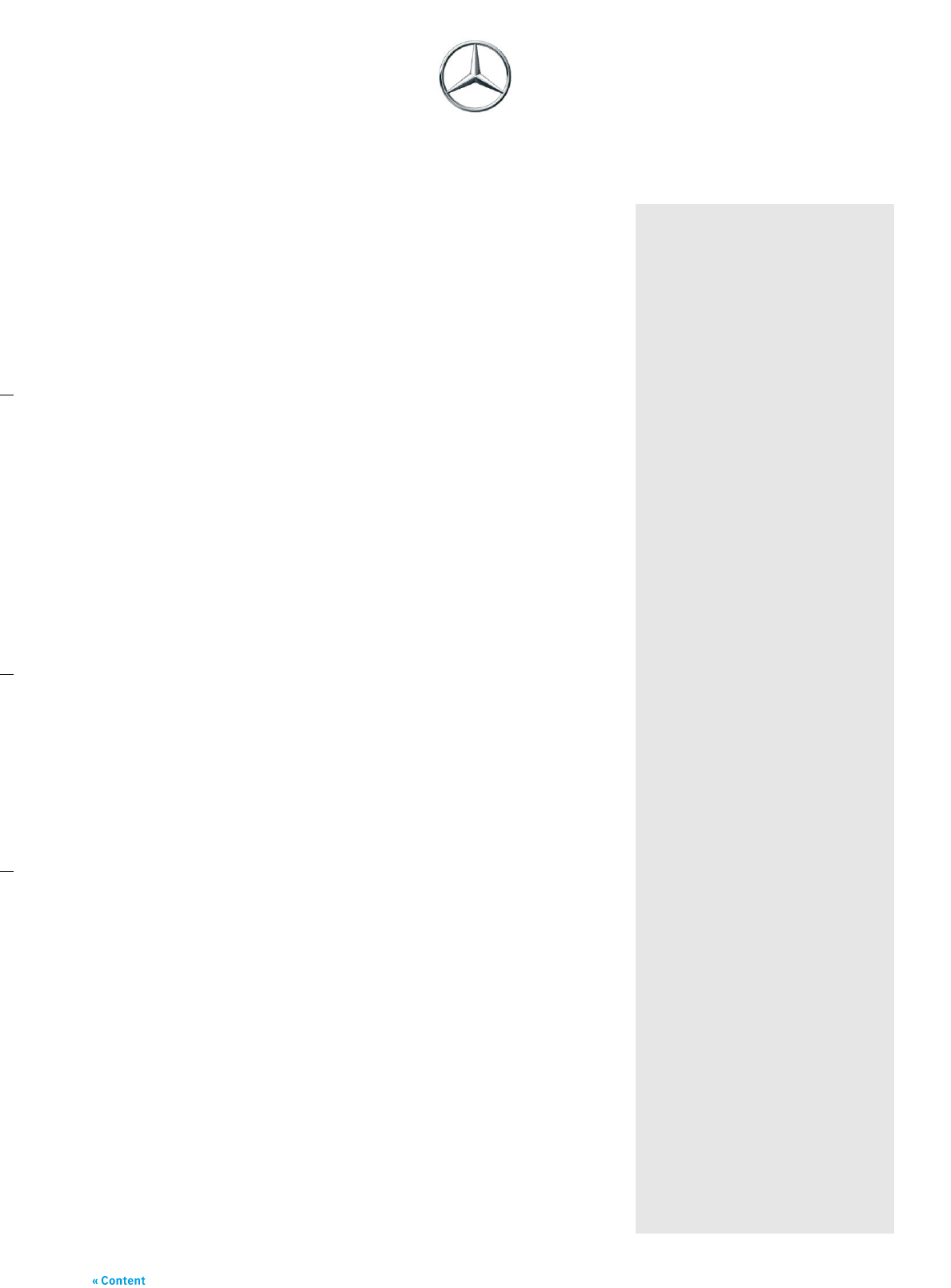
Data Protection Policy EU
15
15
The inquiries and complaints submitted in accordance with this Section
10 must be answered within one month. Taking into account the
complexity and number of the requests, that one month period may be
extended at maximum by two further months, in which case the data
subject should be informed accordingly.
10.1 Rights of the Data Subject
A data subject in the EU/ EEA has the following rights as specified in
more detail in EU law vis-à-vis the responsible Group Company or – if
the Group Company is the processor – vis-à-vis the controller:
the right to be informed of the circumstances of the processing of
his personal data. The requirements of the Chief Officer
Corporate Data Protection for such information must be
observed.
the right to obtain information about how his data is processed
and what rights he is entitled to in this respect. If there are
further rights to view the employer's documents (e.g. personnel
file) for the employment relationship under the relevant
employment laws, these will remain unaffected. Upon request,
the data subject can receive a copy of his personal data (possibly
for a reasonable fee), unless interests of third parties worthy of
protection prohibit this.
the right to correct or supplement personal data if they are
incorrect or incomplete.
the right to delete his personal data if he withdraws his consent
or if the legal basis has ceased to apply. The same applies if the
purpose behind the data processing has lapsed or ceased to be
applicable for other reasons. Existing retention periods and
interests worthy of protection that prohibit deletion must be
observed.
the right to restriction of processing of his data if he disputes its
accuracy or if the Group Company no longer needs the data while
the data subject needs the data for his legal claims. The data
subject can also request that the Group Company restrict the
processing of his data if it would otherwise have to delete the
data or if it is reviewing an objection by the data subject.
the right to receive the personal data relating to him, which he
has provided on the basis of consent, or in the context of an
agreement that was concluded or initiated with him, in a
commonly used digital format. He is also entitled to transmit this
data to a third party if the data is carried out by automated means
and this is technically feasible.
the right to object to direct marketing at any time. An adequate
consent and objection management system must be ensured.
the right to object to the processing of personal data that is
processed on the legal basis of overriding interests of a Group
Company or a third party, for reasons relating to his particular
personal situation. The Group Company shall no longer process
the personal data unless the Group Company has compelling
In the EU, data subjects have
the following rights:
• Right to information
• Right of access
• Right to rectification
• Right to erasure
• Right to restriction
• Right to data portability
• Right to object
• Right to lodge complaints
with the Chief Officer
Corporate Data Protection or
the competent supervisory
authority
• The right to bring action
before the competent court

Data Protection Policy EU
16
16
legitimate grounds for the processing, which override the
interests, rights and freedoms of the data subject or for the
establishment, exercise or defense of legal claims. If there is a
legitimate objection, the data must be deleted.
In addition, the data subject is also entitled to assert his rights against
the Group Company importing the data in a third country.
10.2 Complaints Procedure
Data subjects are entitled to file a complaint with the Chief Officer
Corporate Data Protection if they feel that this Policy has been violated.
Complaints of this kind can be submitted by e-mail (see Section 13.3).
The Group Company established in the EU/ EEA that exports the data
will assist data subjects whose personal data was collected in the EU/
EEA in establishing the facts and the assertion of their rights under this
Policy against the Group Company that imports the data.
In case the complaint is justified, the Group Company takes adequate
measures to ensure compliance with this Policy and informs the data
subject about the measures taken and his further rights. In the event
that the data subject is not satisfied with the reply of the Group
Company or in case the complaint is rejected, the data subject is free to
challenge that decision or conduct by exercising his rights and should
be informed accordingly. To this end, he may apply to the competent
supervisory authority, in particular in the country of his habitual
residence, place of work or place of alleged infringement, or bring an
action in court (see Section 11.2). Further legal rights and
responsibilities shall remain unaffected. Regardless of the internal
complaint procedure, data subjects are entitled to lodge a complaint
directly with a supervisory authority.
Liability & Place of Jurisdiction
11.1 Liability Provisions
The Group company established in the EU/ EEA ("data exporter") that
initially transferred the personal data to a Group company established in
a third country will assume liability for each violation of this Policy by
such a third country Group Company that receives data from the EU/
EEA for third-country processing. This liability includes the obligation to
remedy unlawful situations as well as to compensate for material and
non-material damage that was caused by a violation of this Policy by
Group Companies from third countries.
The data exporter is exempt from some or all of this liability only if it
can prove that the third country Group Company that receives data from
the EU/ EEA is not responsible for the action that resulted in damage.
The data exporter is liable to
remedy unlawful situations and
to compensate for damage
caused by a violation of this
Policy by a third-country Group
Company.

Data Protection Policy EU
17
17
11.2 Place of Jurisdiction
The data subject may bring an action before the courts at the
establishment of the controller or processor or at his habitual residence.
The data subject who claims an infringement of this Policy in the
context of a third country processing can assert his legal claims against
both the data importing and the data exporting company in the EU/ EEA.
Therefore, the data subject may bring the alleged infringement and the
resulting legal claims before the competent courts and regulatory
authorities either at the establishment of the controller or at his habitual
residence.
The provisions on liability and place of jurisdiction in this Section are
third party beneficiary rights for the data subject.
Notification of Data Protection Incidents
In the event of a potential breach of the data security requirements
("data protection incident"), the Group Companies involved have
investigation, information and damage mitigation obligations. A data
protection incident is a personal data breach if there is a breach of
security leading to the unlawful destruction, alteration, unauthorized
disclosure or use of personal data. When the personal data breach is
likely to result in a risk to the rights and freedoms of natural persons,
the Group Company must, without undue delay and, where feasible,
within 72 hours after the Group Company has become aware of it,
inform the supervisory authority of the corresponding breach..
Furthermore, the data subjects must be notified of any personal data
breach likely to result in a high risk to their rights and freedoms without
undue delay. Processors as defined in Section 8.2 are obligated to
report data protection incidents immediately to the controller.
If a data protection incident has been identified or suspected within a
Group company's area of responsibility, all employees are required to
report this immediately to Mercedes-Benz Group AG in accordance with
the Information Security Incident Management Process. Requirements
stipulated by Mercedes-Benz Group AG in this regard (such as software
tools, instructions on reporting), must be complied with.
Any personal data breach should be documented and the
documentation should be made available to the supervisory authority
on request.
Personal data breaches likely
to result in a high risk to the
rights and freedoms of data
subjects must be reported to
the competent supervisory
authority and the data
subjects.

Data Protection Policy EU
18
18
Data Protection Organization & Sanctions
13.1 Responsibility
The members of managing bodies of the Group Companies are
responsible for data processing in their area of responsibility. Therefore,
they are required to ensure that the legal requirements, and those
contained in this Data Protection Policy EU, for data protection are met
(e. g. national reporting duties). Within their area of responsibility,
management staff is responsible for ensuring that organizational, HR
and technical measures are in place so that any data processing is
carried out in accordance with data protection requirements.
Compliance with these requirements is the responsibility of the relevant
employees. If public authorities perform data protection checks, the
Chief Officer Corporate Data Protection must be informed immediately.
13.2 Awareness Raising & Training
Management must ensure that its employees receive and attend the
required data protection training, including the content and handling of
this Policy, if they have constant or regular access to personal data, are
involved in the collection of data or in the development of tools used to
process personal data. The requirements of the Chief Officer Corporate
Data Protection and Data Compliance must be observed.
13.3 Organization
The Chief Officer Corporate Data Protection is internally independent of
instructions regarding the performance of his tasks. He must ensure
compliance with national and international data protection laws. He is
responsible for this Policy and monitors its compliance. If Group
Companies want to take part in a certification system for binding
corporate rules such participation must be agreed with the Chief Officer
Corporate Data Protection.
The Chief Officer Corporate Data Protection is appointed by the
Mercedes-Benz Group AG Board of Management and is supported by
the Board of Management in fulfilling his tasks. Generally, Group
Companies that are legally obligated to appoint a data protection officer
will appoint the Chief Officer Corporate Data Protection. The Chief
Officer Corporate Data Protection reports directly to the Board of
Management of the Mercedes-Benz Group AG and of all Group
Companies for which the Chief Officer Corporate Data Protection has
been appointed. Specific exceptions have to be agreed upon with the
Chief Officer Corporate Data Protection.
Mercedes-Benz Group AG’s Supervisory Board must be informed of the
annual report of the Chief Officer Corporate Data Protection as part of
existing reporting duties.
All data subjects can contact the Chief Officer Corporate Data
Protection at any time to express their concerns, ask questions, request
The members of managing
bodies of the Group
Companies are responsible for
data processing in their area of
responsibility and must ensure
that their employees have the
required knowledge regarding
data protection.
The Chief Officer Corporate
Data Protection is internally
independent of instructions.

Data Protection Policy EU
19
19
information or lodge complaints relating to data protection or data
security issues. If requested, concerns and complaints will be handled
confidentially.
The contact information of the Chief Officer Corporate Data Protection
is:
Mercedes-Benz Group AG, Chief Officer Corporate Data Protection, HPC
E600, 70546 Stuttgart, Germany
Email: data.protection@mercedes-benz.com
Intranet:
https://social.intra.corpintra.net/docs/DOC-105811
The Mercedes-Benz Group has also established a compliance
organization, which is described in greater detail in separate internal
regulations. The compliance organization supports and supervises the
Group Companies in regard to compliance with data protection laws. It
defines the content of the data protection training and stipulates the
criteria for the group of participants.
13.4 Sanctions
Unlawful processing of personal data or other offenses against data
protection law can be prosecuted under regulatory and criminal law in
many countries, and can also lead to claims for compensation. Breaches
for which individual employees are responsible can lead to disciplinary
action under employment law. Violations of this Policy will be penalized
in accordance with internal regulations.
13.5 Audit and Controls
Compliance with this Policy and applicable data protection laws will be
reviewed at Group level regularly, at least once a year, on a risk based
approach, or on specific request from the Chief Officer Corporate Data
Protection, by way of an internal compliance risk assessment, audits
including on specific data protection topics and other checks. The
results must be reported to the Chief Officer Corporate Data Protection,
the responsible Group Company and its data protection officer if one
has been appointed.
Mercedes-Benz Group AG's Board of Management must be informed of
findings as part of existing reporting duties. On request, the results of
the reviews will be made available to the competent data protection
supervisory authority. The competent data protection supervisory
authority can, as permitted under GDPR and its national law, carry out a
data protection audit of any Group Company on compliance with the
regulations of this Policy.
The compliance organization:
supports and supervises the
Group Companies in regard
to compliance with data
protection laws
defines the content of the
data protection training
Unlawful processing of
personal data can lead to
claims for compensation and
disciplinary action.

Data Protection Policy EU
20
20
Amendments to this Policy and Cooperation with Public
Authorities
14.1 Responsibility in the Event of Amendments
The Policy can only be changed by means of the defined procedure for
amendment of policies (see Policy on Policy Management, A1) in
coordination with the Chief Officer Corporate Data Protection. Changes
that have significant effects on the Policy or affect the level of
protection offered by the Policy (i.e. changes to the binding character)
must be promptly reported to the relevant supervisory authorities via
the competent supervisory authority, who issue approval of this Policy
as binding corporate rules.
The Chief Officer Corporate Data Protection keeps a fully updated list of
all Group Companies that are bound by this Policy (further applicable
regulation “
List of Group Companies bound by the Data Protection
Policy EU
”) and keeps track of and record any updates to this Policy and
provides the necessary information to the data subjects or supervisory
authorities upon request. On the basis of this Policy, no transfer of
personal data is made to a new Group Company until the new Group
Company is effectively bound by this Policy and follows the respective
data compliance measures to deliver compliance.
The data subject has a right to easily access this Policy. Therefore, the
latest version of this Policy will be published online at
https://www.group.mercedes-benz.com
. This requirement is a third
party beneficiary right for the data subject.
If amendments are made to this Policy or the list of affiliated Group
Companies, the supervisory authority of the main establishment of
Mercedes-Benz Group AG will be notified of this once a year by the
Chief Officer Corporate Data Protection with a brief explanation of the
reasons justifying the amendment.
14.2 Cooperation with Authorities
Group Companies that carry out or participate in processing in third
countries are obligated to cooperate with the supervisory authorities in
matters concerning problems, inquiries or other procedures in
connection with the processing of personal data in the context
mentioned above. This encompasses the duty to accept audits by
supervisory authorities, as permitted under GDPR and their national law.
In addition, advices in line with GDPR from the supervisory authorities
based on processing procedures in third countries or provisions of this
policy shall be complied with.
The provisions of 14.2 on cooperating with the authorities are third
party beneficiary rights for the data subject.
Changes to this Policy must be
coordinated with the Chief
Officer Corporate Data
Protection.
The obligation to cooperate
with the authorities includes:
accept audits
Complying with advices
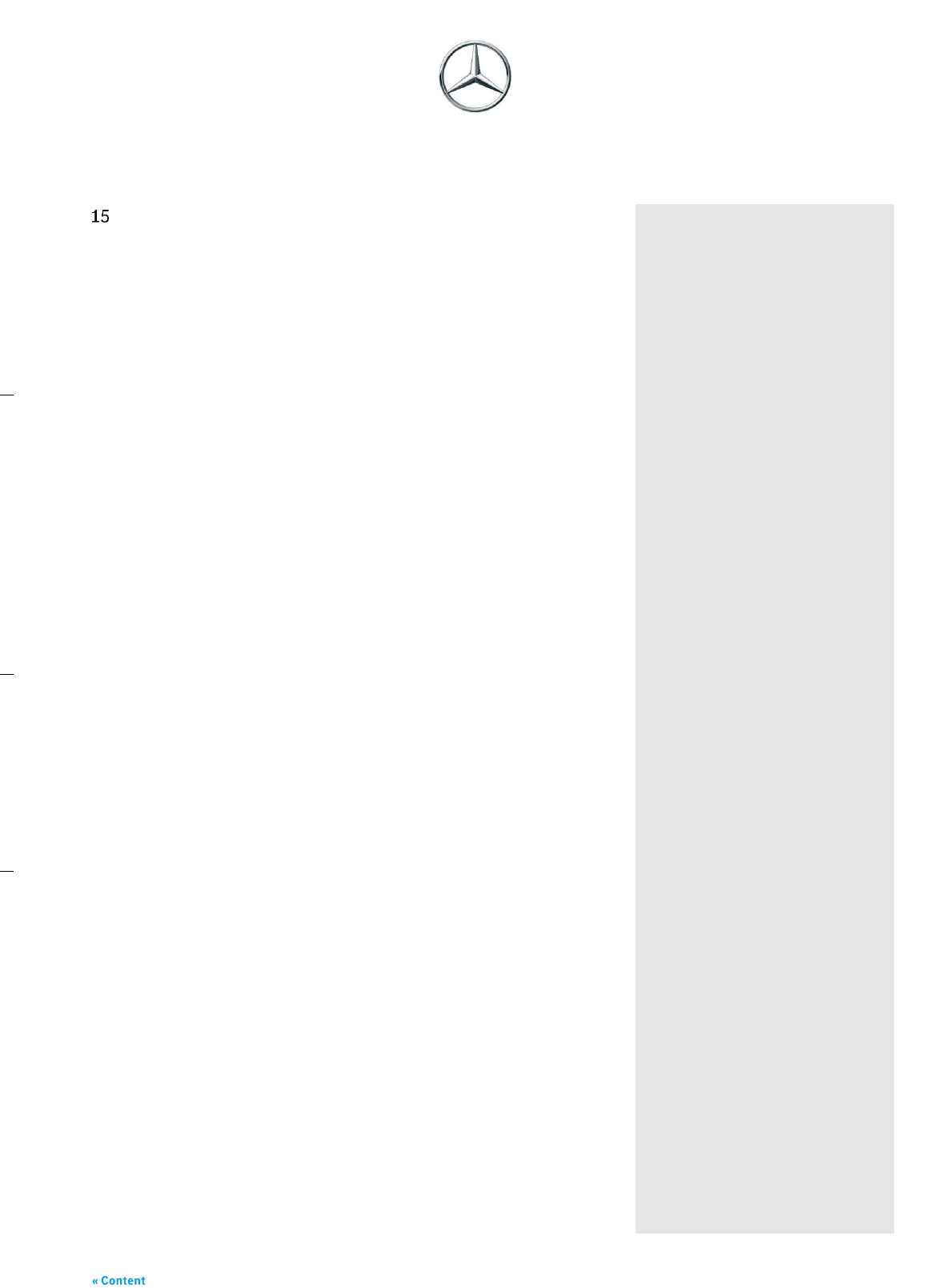
Data Protection Policy EU
21
21
Transfer of Personal Data from the EU/ EEA to a Third Country
15.1 Transfer outside the Mercedes-Benz Group
Group Companies may only transfer personal data from the EU/ EEA to
third parties outside of the EU/EEA (including granting access from a
third country) if:
the third country provides an adequate level of data protection
recognized by the EU Commission, or
the transfer is subject to the EU standard contractual clauses. It is
the responsibility of the Group Company, if needed with the help
of the third party, to assess whether the level of protection
required by EU law is respected in the third country, in order to
determine if the guarantees provided by the EU standard
contractual clauses can be complied with in practice. If this is not
the case, the third party must implement supplementary
measures to ensure an essentially equivalent level of protection
as provided in the EU/ EEA, or
further appropriate safeguards as defined by Article 46 (2) of the
GDPR are in place, or
on an exceptional basis (i.e. only where it is impossible to
implement the above measures), a derogation for specific
situations applies (e.g. the transfer is necessary for the
establishment, exercise or defence of legal claims).
15.2 Transfer within the Mercedes-Benz Group
Before transferring personal data to a Group Company outside of the
EU/EEA, the Group Companies must assess whether the laws and
practices in the third country prevent them from fulfilling their
obligations under this Policy. If necessary, supplementary contractual,
technical or organisational safeguards must be implemented by the
Group Company in a third country to ensure an essentially equivalent
level of protection as provided in the EU/ EEA.
The specific circumstances of the transfer (especially categories of data,
means of transfer, further transfer to a third party) as well as the laws
and practices applicable to the Group Company in the third country,
including those requiring the disclosure of data to public authorities or
authorising access by such authorities, must be taken into account.
The Group Companies document the assessment of Section 15.1 and
15.2 and make it available to the competent supervisory authority on
request. Furthermore, the Group Companies make the assessment and
the results transparent to all other Group Companies so that the
identified supplementary measures could be applied in case the same
type of transfers is carried out by any other Group Company or, where
effective supplementary measures could not be put in place, the
transfers at stake will be suspended or ended. Provisions established by
Mercedes-Benz Group AG for performing this assessment (such as tools,
instructions on the performance of an evaluation) must be observed
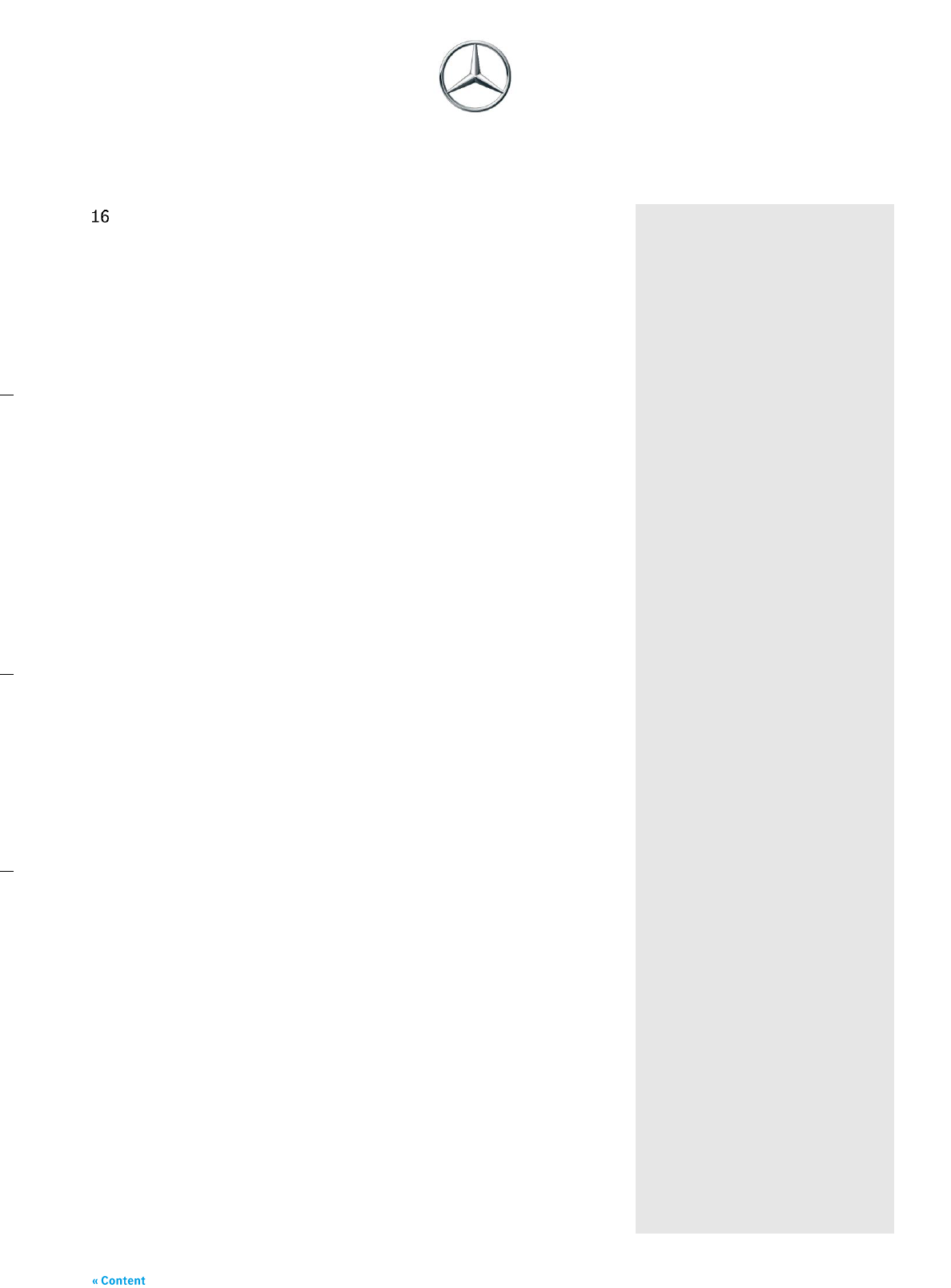
Data Protection Policy EU
22
22
Monitoring and Reporting on the Regulations of Third Countries
Group Companies in third countries must notify the Chief Officer
Corporate Data Protection immediately, if they have reasons to believe
that legislation applicable to them prevents the Group Company from
fulfilling their obligations under this Policy or have substantial effect on
the guarantees provided by this Policy.
The Chief Officer Corporate Data Protection will evaluate the impact
and will work with the responsible Group Company to find a practical
solution that fulfills the purpose of this Policy. If, even after this
evaluation, the relevant legal requirement is still expected to have a
substantial adverse effect on the guarantees provided by this Policy, the
Chief Officer Corporate Data Protection will notify the competent
supervisory authority. This includes any legally binding request for
disclosure of the personal data by a law enforcement authority or state
security body, if the request has a substantial adverse effect on the
guarantees provided by this Policy. The supervisory authority should be
informed about the data requested, the requesting body, and the legal
basis for disclosure (unless otherwise prohibited).
If a Group Company in a third-country is required by a public authority
to refrain from notifying the data protection supervisory authority about
the disclosure of personal data, it shall take all suitable measures to
mitigate this prohibition as far as possible or to repeal it, and to annually
provide general information on the requests it received to the
competent supervisory authorities (e.g. number of applications for
disclosure, type of data requested, requester if possible).
In any case, transfers of personal data to any public authority cannot be
massive, disproportionate and indiscriminate in a manner that would go
beyond what is necessary in a democratic society.
This provision is a third party beneficiary right for the data subject.
Group Companies in third
countries must notify the Chief
Officer Corporate
Data Protection if they have
reasons to believe that
legislation applicable to them
prevents the Group Company
from fulfilling their obligations
under this Policy or have
substantial effect on the
guarantees provided by this
Policy

